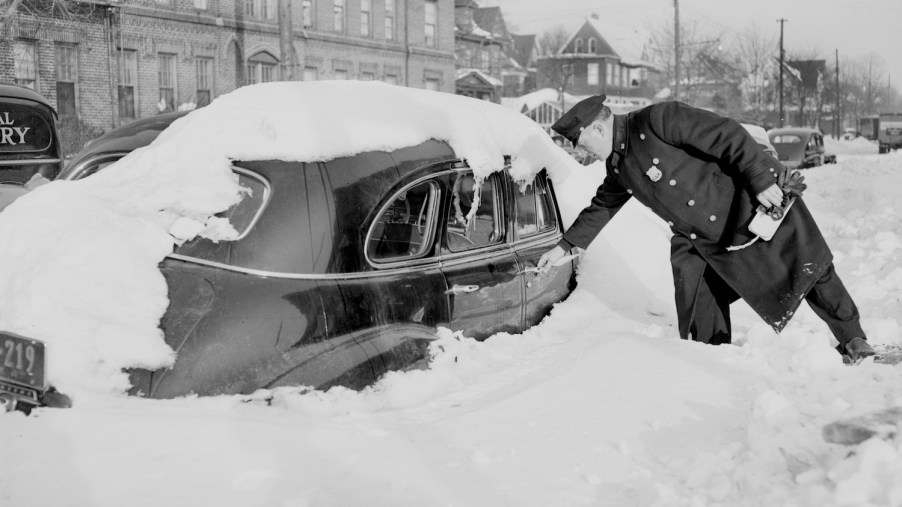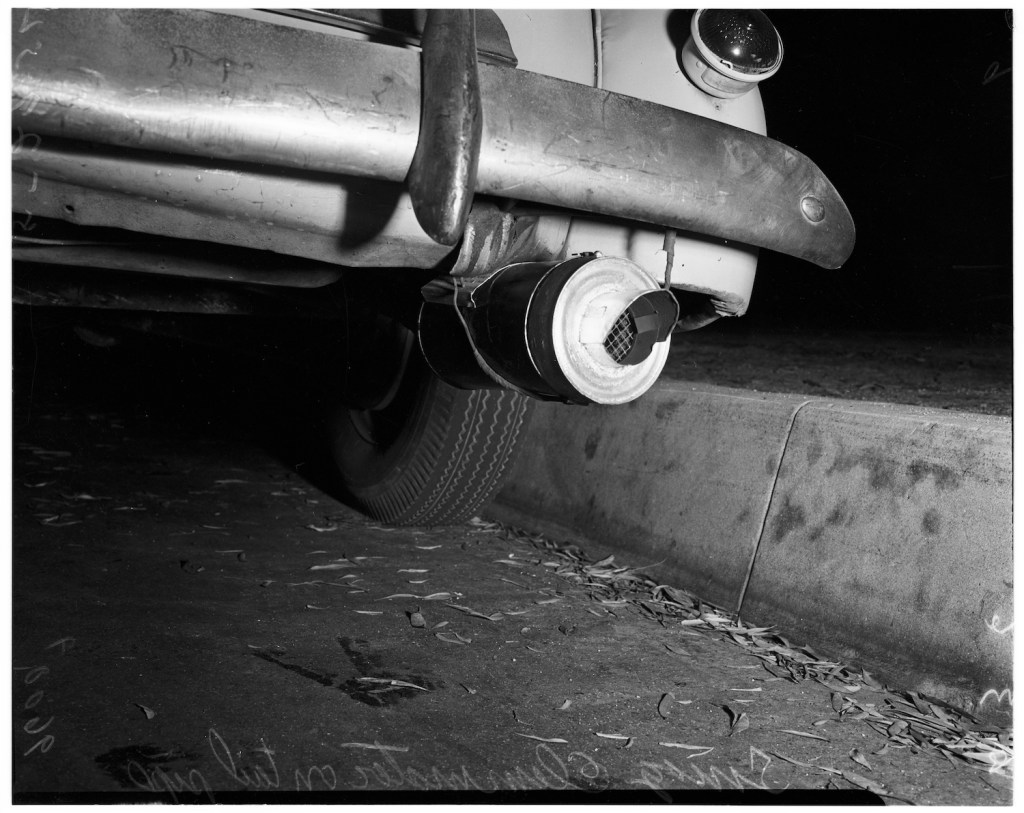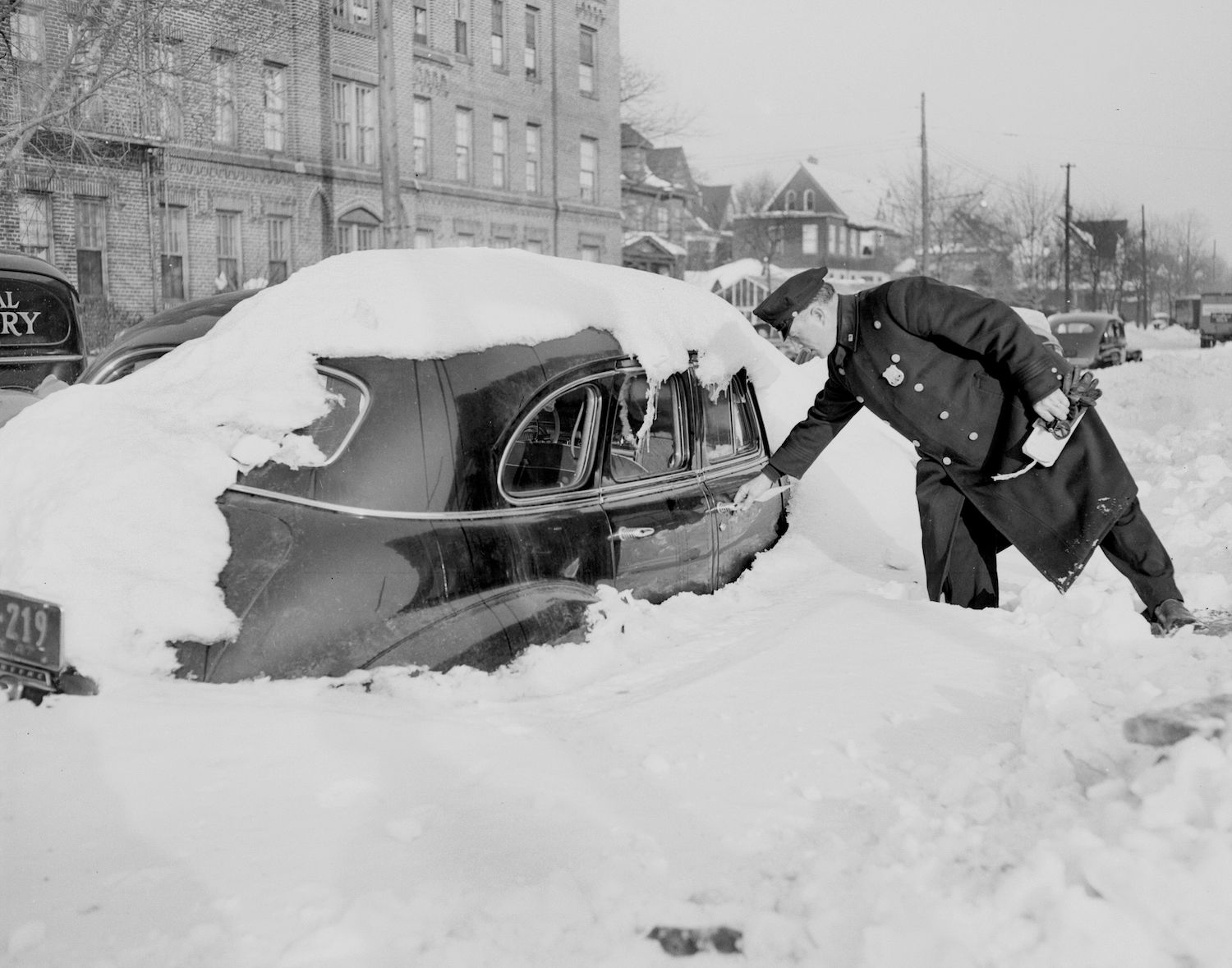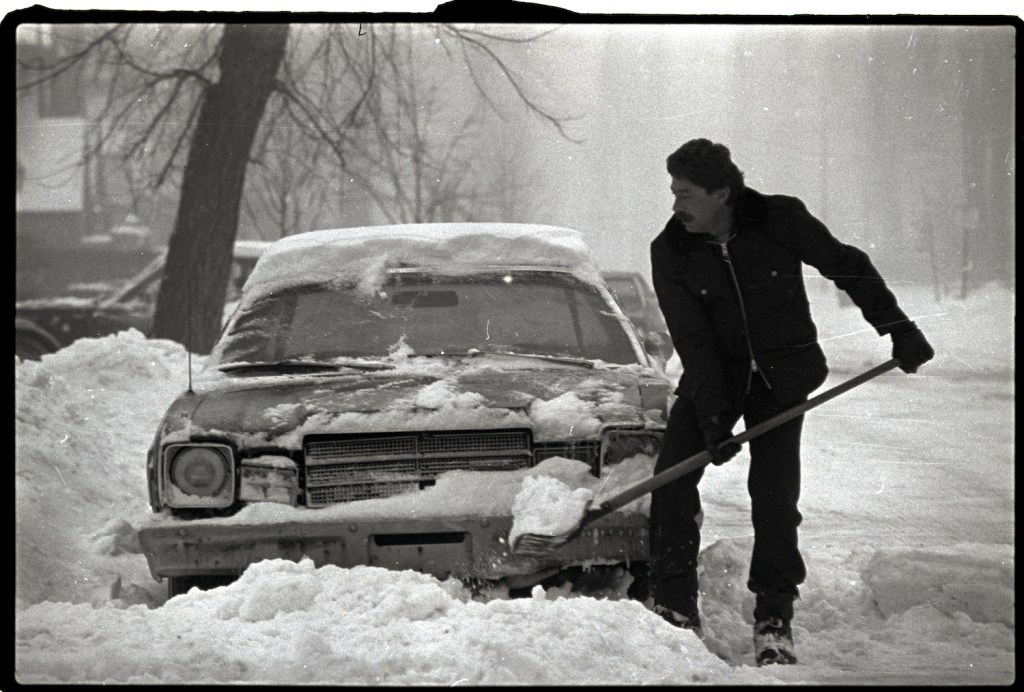
Is It Illegal To Idle Your Car To Warm It Up?
Do you let your car idle to heat it up in cold weather? This engine-punishing practice may actually increase the amount of maintenance your car needs. In addition, idling your car to warm it up may be illegal in some states.
Anti-idling regulations aim to maintain air quality

According to the environmental protection agency (EPA) many states, counties, and municipalities forbid letting your engine idle for a long period of time.
Some places define a long time as ten minutes, others just five minutes. New York City outlaws idling for more than three minutes. Near a school in New York City, that number falls to one minute.
Many cities and states claim these laws aim to maintain air quality and reduce smog. Residents may also appreciate the reduction in noise polution.
Here is the list of states with some form of anti-idling laws:
- Arizona
- California
- Colorado
- Connecticut
- Delaware
- District of Columbia
- Georgia
- Hawaii
- Idaho
- Illinois
- Kansas
- Maine
- Maryland
- Massachusetts
- Michigan
- Minnesota
- Missouri
- Nevada
- New Hampshire
- New Jersey
- New York
- North Carolina
- Ohio
- Oregon
- Pennsylvania
- Rhode Island
- South Carolina
- Texas
- Utah
- Vermont
- Virginia
- West Virginia
Anti-idling laws are changing quickly. It’s obviously best to double-check your own state, county, and town laws.
Can you actually get in trouble for idling your car?

This all begs the question: Can you actually get in trouble for idling your car in cold weather just to warm it up?
Witnesses in New York City noted the police completely ignoring a street full of idling delivery trucks. But not every police department–or every police officer–will necessarily look the other way.
Some places, such as New York City, encourage citizens to file an “air complaint” and a video of an idling vehicle. So you could potentially get in trouble for idling your car, even without a police officer present. That said, the New York City citizen air complaint program currently only applies to commercial vehicles.
According to Square State Insurance, Colorado idling laws forbid you from leaving your vehicle running while you are not in or near it. So you could start your vehicle while you are brushing the snow and ice off it and not break the law. But most state laws define idling as “running unnecessarily while stopped” whether you are present or not.
If you do get in trouble, the fines could be high. According to Arizona, you can expect to pay a $250 fine for idling. In New York City, fines can range from $100-$2,000.
Is idling a car bad for the engine?

Recently, Consumer Reports published that idling your car for 20 minutes or more wastes an unnecessary amount of gasoline. The publication’s head mechanic revealed that a modern vehicle is ready to drive after 60 seconds if idling–even in the coldest weather. Furthermore, driving heats up the cabin much faster than sitting still and idling.
But is idling a car bad for its engine? The Youtube channel Smart Drive Test claims that your vehicle will get its best fuel mileage if you let it idle for about 30 seconds, then drive it moderately for a few minutes. This procedure will heat up your car the quickest. Furthermore, it will prevent carbon deposits from building up inside your engine. Find out more in the video below:



